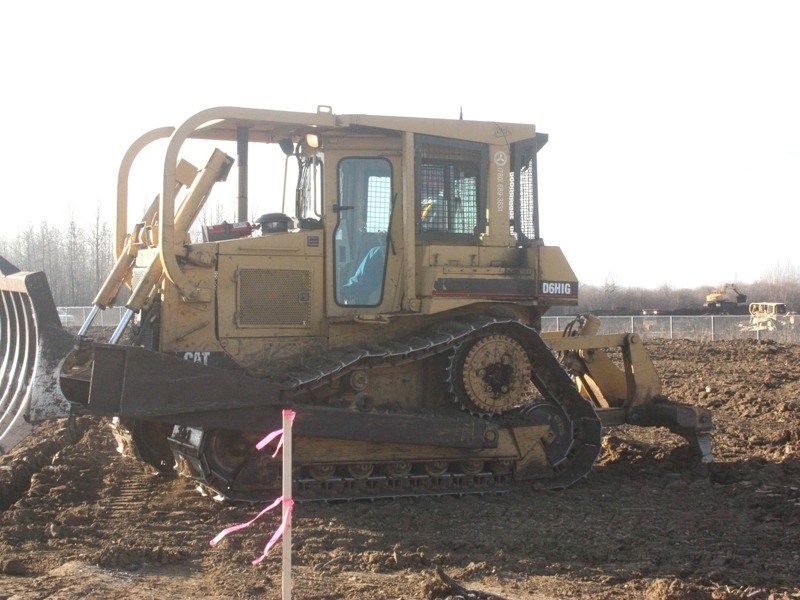The soon-to-be Portage College heavy equipment operator training centre in Boyle will eventually expand to encompass two other programs, boosting enrollment from 40 to 300 in five to seven years.
Portage College president Dr. Trent Keough expanded on both the short and long-term plans for the new facility at the first annual Mayor’s Brunch, hosted in Boyle in mid-October.
Money-wise, the college has already gathered $1.3 million for the HEO program, which they hope to have in place by the spring, Keough said. They have also applied for $1 million in funding from the federal government, as well as a $10 million proposal to Alberta’s ministry of advanced education and technology.
Beginning with the heavy equipment operator (HEO) training centre, which will bring in 40 students in the spring, the college will then add a heavy equipment technician program.
“We’ll be doing those two almost simultaneously, they’re highly inter-related,” he said.
After that, the plans are to establish Canada’s first ever pipeline technician training program, modeled after a similar facility in Fairbanks, Alaska.
“With this you can start to see the synergy between heavy equipment operators, who can also be pipeline workers, the technicians, and then the individuals (involved with) all the related activities of the pipeline,” he explained.
All three programs would involve environments designed to mimic what it’s like to work in the field. Students would do in-class sessions and practical work while living in a camp setting like those seen throughout Alberta industries.
The pipeline program will need the most space, he said, since it will involve installing and removing the lines, then reclaiming the land used.
He explained that they would eventually like to have 100 acres for the facility. They are currently looking at a large chunk of Crown land south of the ten acres that sits on the south end of Boyle that was donated to the college earlier in the year.
Proposing a “land swap,” the college would have some hurdles to overcome on the larger swath of land, which is home to the village’s old dumpsite.
Keough saw the proposition as a challenge, as both levels of government would have to deal with the environmental reclamation at some point in time.
“As our population increases and we expand our municipal boundaries we’ll eventually have to deal with it,” he said, adding that it was a huge opportunity for the school to cooperate with the provincial government and set the standard for nuisance ground reclamation.
Regardless of where the expanded facility sets up shop, he said, the college is dedicated to keeping the program in the area.
“The bottom line is, we’re moving forward with the Boyle project,” he said.
The college ran a pilot project for the HEO training centre last year, graduating 12 students out of the 12-week program in December.



